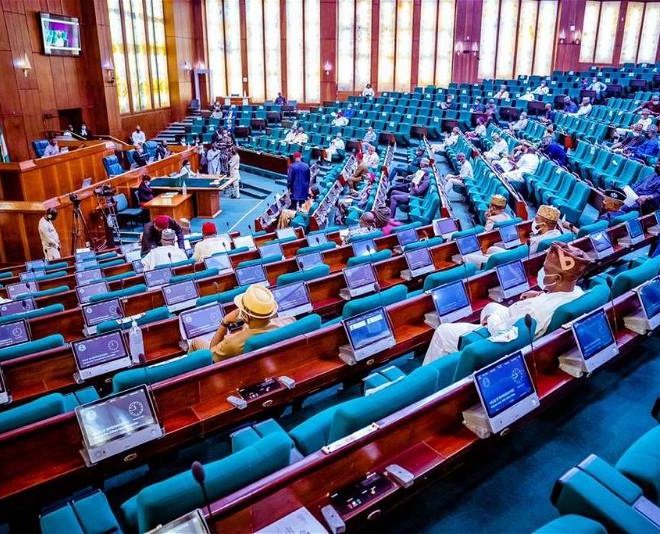The Nigerian House of Representatives has taken decisive action to address the persistent issue of non-payment of contractors for completed projects, a problem that has lingered despite budgetary allocations. This financial gridlock, dating back to October 2024, has sparked concerns about its detrimental impact on the national economy and the government’s credibility. Responding to a motion of urgent national importance, the House summoned key financial officials, including the Governor of the Central Bank of Nigeria, the Minister of Finance, the Minister of Budget and Economic Planning, the Accountant-General of the Federation, and the Auditor-General for the Federation. They are expected to appear before the House on May 13, 2025, to provide a comprehensive explanation for the payment delays and outline a concrete plan for settling all outstanding verified debts.
The motion, presented by Representative Ezechi Nnamdi from Delta State, painted a stark picture of the widespread hardship faced by contractors across the nation. Nnamdi highlighted the fact that despite the 2024 budget’s approval of funds for these projects, many Ministries, Departments, and Agencies (MDAs) have received less than half of their allocated capital releases. This significant shortfall has resulted in the abandonment of numerous projects, plunging contractors into financial distress and triggering a cascade of negative economic consequences. The stalled projects, many of which fall under the umbrella of constituency projects, not only represent a failure to deliver essential services to the public but also erode public trust in the government’s ability to fulfill its promises.
The House’s concern extends beyond the immediate financial implications of the non-payment. Nnamdi warned of the potential for escalating social unrest, with the possibility of mass protests and a surge in legal battles. Furthermore, the delays threaten to exacerbate the deterioration of public infrastructure and hinder the effective delivery of vital services to citizens. The prolonged non-payment creates a vicious cycle where unfinished projects further strain the government’s resources and capacity to deliver, deepening public dissatisfaction and potentially triggering further social and economic instability.
In response to this pressing issue, the House of Representatives has mandated a two-pronged approach. First, the summoned officials are expected to not only explain the reasons behind the payment delays but also present a clear timeline for settling all outstanding verified payments. This will provide a much-needed roadmap for resolving the immediate crisis and offer reassurance to contractors and the public. Second, the House has initiated a comprehensive investigation into the systemic failures that have contributed to the disbursement bottlenecks. This investigation, to be conducted jointly by the Committees on Public Accounts and Budget and Economic Planning, aims to identify the root causes of the problem and propose effective solutions.
The joint committee’s mandate is broad and encompasses a thorough examination of the payment processes within the MDAs. The investigation will delve into potential accountability failures and inefficiencies within these agencies, seeking to pinpoint the specific breakdowns that have led to the persistent delays. This detailed analysis will inform the committee’s recommendations for legislative action, aiming to create a more robust and transparent system for fund disbursement and project execution. The committee is expected to submit its findings and recommendations within four weeks, providing a framework for long-term solutions to prevent similar issues from arising in the future.
This decisive action by the House of Representatives signifies a commitment to addressing a critical issue impacting the nation’s economic stability and public trust. The summoning of key officials and the initiation of a comprehensive investigation demonstrate a determination to not only resolve the immediate crisis of non-payment but also to address the underlying systemic issues that have perpetuated this problem. The outcome of these initiatives will be crucial in restoring confidence in the government’s ability to manage public funds effectively and deliver on its promises to the Nigerian people. The four-week timeline for the investigation underscores the urgency of the situation and the House’s commitment to finding swift and effective solutions to this pressing national concern.














